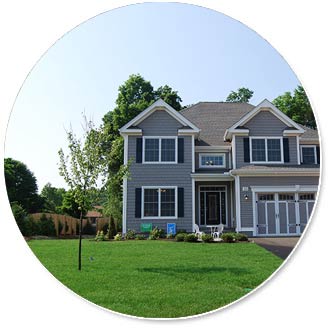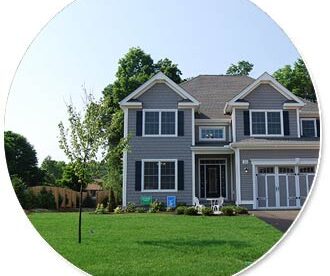 As you shop around for a new home, you might come across terms like custom, pre-built, manufactured and even stick-built. At a glance, all seem the same: something completely brand new, likely in a community of similar properties. Yet, so you do not find yourself in a home that does not meet your needs or building codes, know the differences between each type of property.
As you shop around for a new home, you might come across terms like custom, pre-built, manufactured and even stick-built. At a glance, all seem the same: something completely brand new, likely in a community of similar properties. Yet, so you do not find yourself in a home that does not meet your needs or building codes, know the differences between each type of property.
Manufactured
“Manufactured” applies to two groups of pre-made homes: Modular or mobile homes and pre-built homes in the broader sense.
While both are made in a factory and shipped to the home site, a mobile home is not designed to be a permanent structure. Many modular homes feature steel frames and a thin exterior that do not follow local building codes. In certain areas, the structure is passable, but when high winds come into play, such homes easily get blown over.
By contrast, a pre-built home is completely constructed ahead of time, down to the plumbing, wiring, floors, cabinets, walls and exterior, with all aspects complying with local building codes. Sturdier than their modular counterparts, they’re designed for permanent placement and get dropped by crane to be assembled on site. To do this, the home is constructed out of panels, which then get put together.
In either case, manufactured homes come with the following issues:
- A cheaper price and similar construction, leading to more costs for repairs and replacements down the line.
- Certain soil conditions and steeper inclines pose challenges whenever the property gets set up, as it’s not initially built with these factors in mind.
- Transportation limits its size, weight and floor plan. As a result, many manufactured homes tend to have a long, narrow configuration, which is easier for a tractor trailer to transport.
Custom
Beyond their newness, custom homes share very few characteristics with modular homes:
- In general, these properties get built right from the ground up.
- As a result, the home can be adjusted to the plot of land.
- The property has fewer limitations, including for size, layout and materials used.
- Although the price tends to be higher upfront, higher-quality materials, construction and appliances mean fewer repairs and upgrades later.
Interested in a custom home in central Connecticut? Start exploring features and sizes with By Carrier’s communities. Give us a call today to learn more about our various properties.






